The Man United and Ireland Connection
Man United and Ireland have many connections, but to start this story off right, we need to go back to 1893, when Manchester United was known as Newton Heath. A 28-year-old, John Eden from Northern Ireland, joined the club. During his time at Newton Heath, he scored 8 goals in 32 appearances for the club before signing for Sheffield United the following season. John Eden was the start of the Manchester United and Ireland connection for decades after.
Shamrock Rovers 0-6 Manchester United – Dalymount Park, 1957
In 1957, Shamrock Rovers were drawn to play Manchester United in the preliminary round of the European Cup. A fortnight before the match, Sir Matt Busby visited Dalymount Park to spy on Shamrock Rovers in their victory over Drumcondra. Two weeks later, when Manchester United visited Dublin, the match was moved to an earlier time of 5.45 pm due to the rain.
There was an official attendance of 40,000 supporters. Sir Matt Busby started two Irishmen on the night, Jackie Blanchflower and Liam Whelan. Duncan Edwards, David Pegg, Dennis Viollett, and Tommy Taylor also started for Manchester United on the night. Manchester United dominated the game by scoring six goals.
Liam Whelan, Harry Gregg & Jackie Blanchflower – Munich Air Disaster
On February 6, 1958, Manchester United were travelling home from a European Cup tie against Belgrade when a plane carrying the Busby Babes crashed on the runway at Munich’s Riem Airport. On that plane were Liam Whelan, Harry Gregg & Jackie Blanchflower. Liam Whelan lost his life in a plane crash at just 22 years old. Liam was born in 1935. He started his football career at Home Farm before joining Manchester United in 1953 at just 18 years old.
During his time at Manchester United, he won 2 Football League First Divisions and 2 FA Charity Shields. He was also Manchester United’s top goalscorer in 1956–57, scoring 26 goals. In the four seasons he spent at the club, he played 98 games. Liam Whelan’s burial site is in Glasnevin Cemetery in Co.Dublin, Ireland where many Manchester United fans come to pay their respects on the anniversary of the Munich Air Disaster.
Belfast native Jackie Blanchflower joined Manchester United in 1949. His senior debut was against rivals Liverpool at Anfield in 1951. In 1957, he was part of the title-winning team; however, he did not receive a medal due to only playing 11 games. At the age of 24, Jackie was forced to retire due to the injuries received from the Munich Air Disaster. While in the hospital following the plane crash, he read the last rites but survived. In 105 matches, Jackie scored 27 goals for the club. Jackie passed away in 1998 at 65 years old.
Survivor of the Munich Air Disaster, Harry Gregg, born in Belfast, joined Manchester United in 1957. He joined for £23.500, which was a record fee for a goalkeeper at the time. Harry Gregg is known as “The Hero of Munich“, as he helped pull out his Manchester United teammates from the burning plane during the tragic air crash. After the Munich Air Disaster, Harry Gregg lined out for the FA Cup Final against Bolton Wanderers, which they lost 2-0. Harry lined out for Manchester United on 210 occasions.
‘If I’d been born a rich man, I’d have paid to join Manchester United“
Harry Gregg
1968 European Cup Final
In 1968, Manchester United faced Benfica in the European Cup Final in a packed-out Wembley. The starting XI for Manchester United had George Best and Tony Dunne, who were both born in Ireland and Shay Brennan, who was born in Manchester but represented the Republic of Ireland. Shay Brennan and Tony Dunne started as the fullbacks and George Best started on the wing. Manchester United won 4-1 on the night with a stunning goal from George Best in the 92nd minute.
Tony Dunne, Dublin-born, appeared in 414 games for Manchester United from 1960 to 1973, winning 6 trophies during this spell.
Shay Brennan’s first match for Manchester United was on February 19, 1958, the first game after the Munich Air Disaster. He scored 2 goals on the night to help the side to a victory. Shay Brennan won 5 trophies during his 13-year spell at the club before joining Waterford FC in the League of Ireland in 1970.
George Best, one of the greatest players to grace this earth, was spotted at just 15 years old by a Manchester United scout. He made his debut at 17 years old and made 470 appearances for the club, scoring 179 goals. He won 2 League titles, 2 Charity Shields and 1 European Cup for the club. He won the Ballon d’Or in 1968 and numerous other individual awards. Best was one of the best players to never play in a World Cup, which was unfortuate for Northern Ireland.
“They’ll forget all the rubbish when I’ve gone, and they’ll remember the football. If only one person thinks I’m the best player in the world, that good enough for me“
George Best
1970 – 1980s: The Irelad Connection Enhanced
In 1971, Manchester United saw Cork native Frank O’Farrell manage the club. He replaced Sir Matt Busby. His first season as manager saw him finish 8th place and issues with George Best became a big problem. Frank only lasted 18 months as manager, as he was sacked and replaced by Tommy Docherty.
Sammy McIlory made his debut at 17 years old in 1971. The Belfast native scored 71 goals for the club while helping the club win the FA Cup in 1977.
Kevin Moran, holder of multiple All Ireland medals from his time with Dublin GAA, joined Manchester United in 1978. The central defender played 289 games during his time at the club and he won 2 FA Cups.
At just 16 years old, Norman Whiteside from Belfast, made his senior Manchester United debut. 11 years later, he managed to score 67 goals in 274 games while wearing the red jersey. He won 2 FA Cups, one in 1983 and another in 1985.
Another FA Cup winner from 1983 & 1985 was Frank Stapleton, The striker from Dublin spent 6 years at the club, scoring 78 goals in 288 games.
Paul McGrath born in England, represented the Republic of Ireland during the International team’s best years and played 199 games as a solid centre back for Manchester United. One of his best displays in the Manchester United jersey was in the 1985 FA Cup Final victory vs Everton. Paul was awarded Man of the Match for the display.
1990s – Present
Denis Irwin is one of the best fullbacks in the Premier League era, if not the best. Denis joined Manchester United in 1986/87. He played 617 games for the club while becoming the 2nd most decorated player with 13 medals at the club. In his final home appearance for Manchester United, he was made captain vs Derby County. Denis Irwin was part of the famous 1999 Treble-winning side alongside Roy Keane.
John O’Shea from Co.Waterford joined in 1999. Since then, he made 256 appearances for the club and won 5 Premier League titles, 1 FA Cup, 1 UEFA Champions League and more. John O’Shea is also remembered for a chip against Arsenal’s Almunia in a 4-2 victory and his nutmeg on Ballon d’Or winner Luis Figo in the second leg of the UEFA Champions League quarter-finals.
Roy Carroll, born in Northern Ireland, joined Manchester United in 2001. He made his debut against Aston Villa in a 1-1 draw. He won the Premier League with the club in 2002–03, the FA Cup in 2003–04, and the Community Shield in 2003. Roy Carroll left the club in 2005.
Republic of Ireland international Darren Gibson joined Manchester United’s youth team in 2004. A year later, he made his senior debut. In 2006, Darren won the Jimmy Murphy Award as Manchester United’s youth player of the year. He won the Premier League in 2010/11 with the club, 1 FIFA Club World Cup, and 2 Football League Cups.
A current player playing for Manchester United from Northern Ireland is Jonny Evans. The 36-year-old rejoined the team last summer after leaving it previously in 2015. The Belfast native originally started his youth career in 2004 with the Red Devils.
Manchester United’s Captains From Ireland:
Patrick O’Connell, born in the capital of Ireland, was the first Irish-born captain of Manchester United. He captained the side in 1914 but only played 34 times for the club during his five-year stay. Patrick went on to be a significant figure at Barcelona Football Club, managing the club from 1935 to 1940.
Johnny Carey joined Manchester United in 1936 after leaving St.James’s Gate in Co.Dublin. He was spotted by local scout Billy Behan, who also played for Manchester United in the 1930s. Johnny joined for a League of Ireland record fee of £250. In 1941, he scored the winning goal against Burnley to help his side win the Lancashire Cup.
Four years later, Sir Matt Busby appointed the Dublin native as the captain of Manchester United. Johnny went on to become the first Irish-born to captain Manchester United to win the FA Cup and League Championship as they beat Blackpool in the FA Cup final in 1948 and won the league in 1952. Jonny finished his Manchester United career with 344 appearances. Johnny Carey’s international career saw him play for both the FAI and the IFA.
Noel Cantwell, born in Co. Cork, joined Manchester United in 1960 for a record fee for a fullback worth £29.500. Noel was a key figure in the rebuilding of Manchester United after the tragic Munich Air Disaster. From 1962 to 1965, he served the club as the captain. Noel Cantwell led Manchester United out for the FA Cup final in 1963, which was the club’s first final since 1958. There were 99,604 supporters in Wembley to see Noel Cantwell lift the FA Cup after they beat Leicester City 3-1. Noel went on to play 123 games for Manchester United.
“The signing of Noel Cantwell from West Ham United in November 1960 was one of the club’s more positive and successful moves. When he led us out for the 1963 cup final, I thought, This is good we have a real captain“
Bobby Charlton
Roy Keane, arguably the most dominant captain in the Premier League era, captained Manchester United from 1997–2005. Roy Keane was born in Co.Cork and joined Manchester United in 1993 from Nottingham Forest, where he spent 3 years under Brian Clough. In Roy Keane’s first year at the club, he helped retain the Premier League for the Red Devils. Fast forward to 1997, when he was appointed club captain due to the retirement of Eric Cantona. In 1999, Roy Keane pulled off one of the greatest individual performances in a Manchester United shirt when he helped his side beat Juventus in the UEFA Champions League Semi Final 2nd leg.
Roy Keane was described as the “best I ever worked with” by Sir Alex Ferguson. Roy received a yellow card in this game, that saw him suspended for the final against Bayern Munich. Roy Keane won 4 Premier League trophies, 2 FA Cups, 1 Community Shield, 1 Intercontinental Cup and 1 UEFA Champions League while at Manchester United. Let’s not forget the famous Treble in the 1998/99 season. 70.000 supporters turned up to Roy Keane’s testimonial in 2006 after he earned 480 appearances for Manchester United between 1993 and 2005.
“Aggression is what I do. I go to war. You don’t contest football matches in a reasonable state of mind“
Former Ireland and Man United captain Roy Keane
League of Ireland
Two Manchester United legends that we all know, George Best and Bobby Charlton, are examples of Manchester United players who have played in the League of Ireland. In 1976, Bobby Charlton joined Waterford FC. He played four games for the club at the age of 38. In 1975, George Best joined Cork Celtic, in Ireland, he played three games for the club.
My Best Ireland / Manchester United XI
GK: Harry Gregg. DEF: Denis Irwin, Paul McGrath, Johnny Carey, Tony Dunne. MID: Norman Whiteside, Roy Keane, George Best, Liam Whelan. FWD: Frank Stapleton & Sam McIlory.
Quotes About Manchester United Players from Ireland
“Honestly, I would say Denis Irwin would be the one certainty to get in the team. I called him an eight out of 10“
Sir Alex Ferguson on one player who is guaranteed a spot in his all time Man Utd XI
“I think I’ve found you a genius.” (George Best)
Bob Bishop (Scout) talking about George Best
“He was an exceptionally skilful and stylish defender, with marvellous innate athleticism, a man whose abilities stood comparison with any central defender in the game”
Sir Alex Ferguson on Paul McGrath


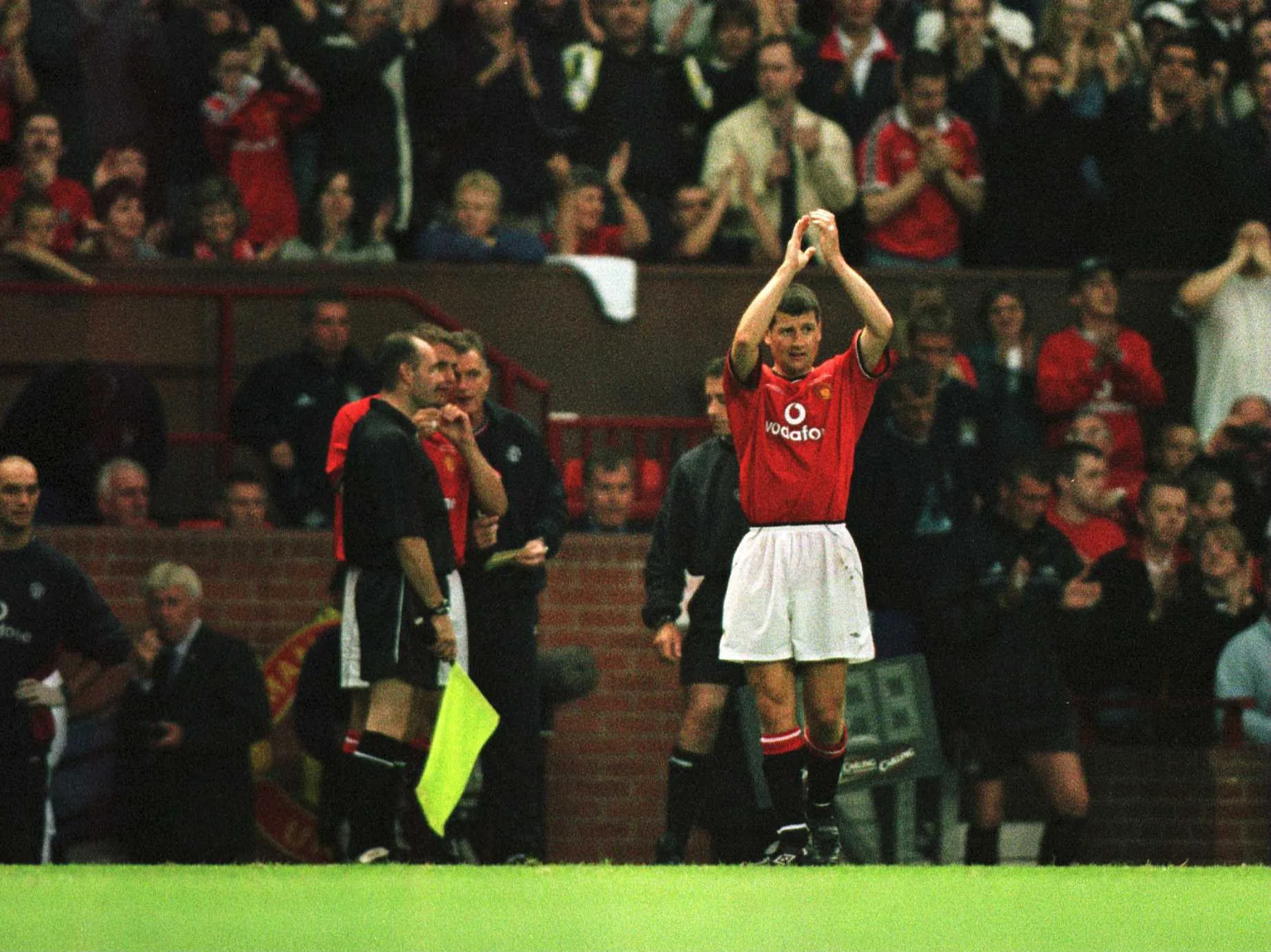
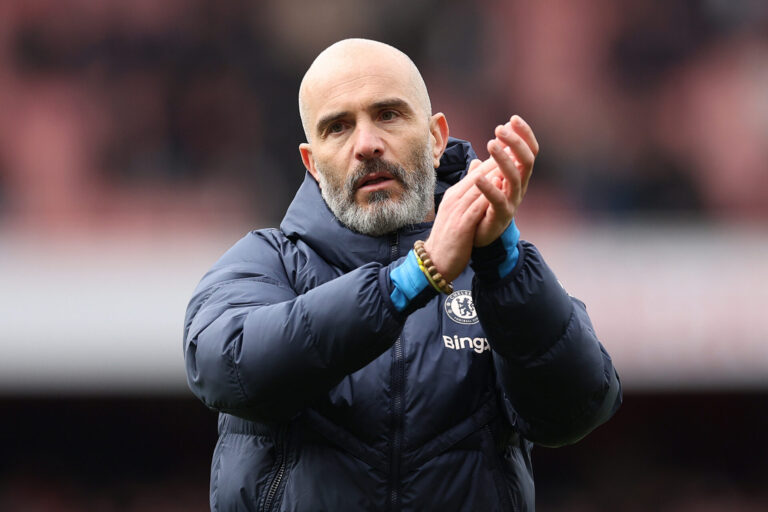
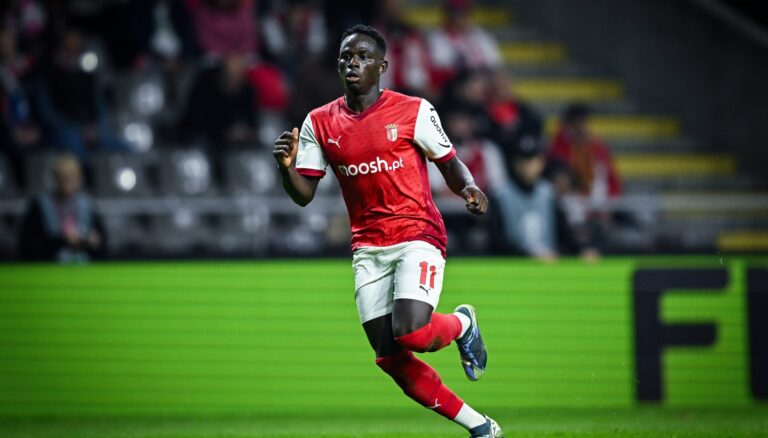
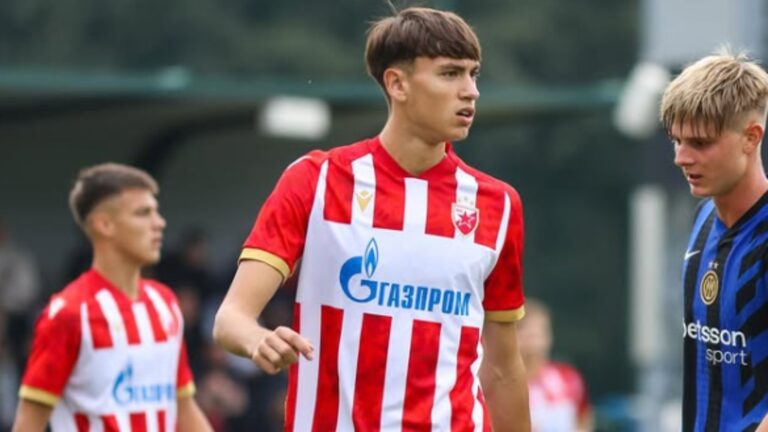
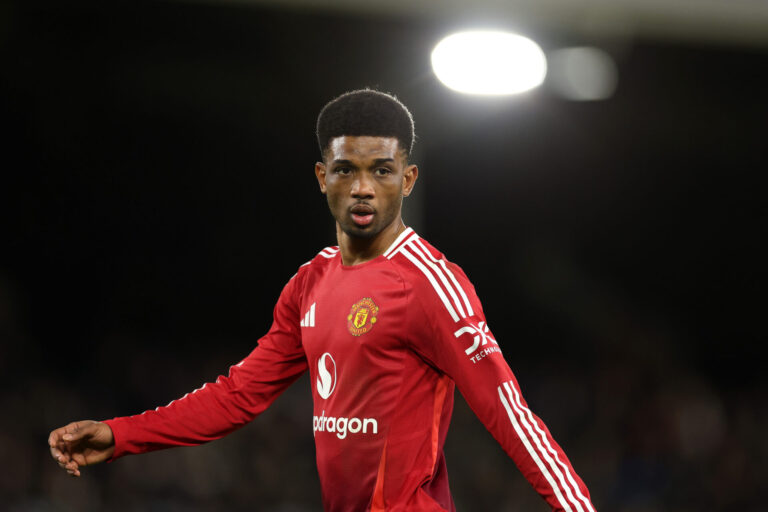
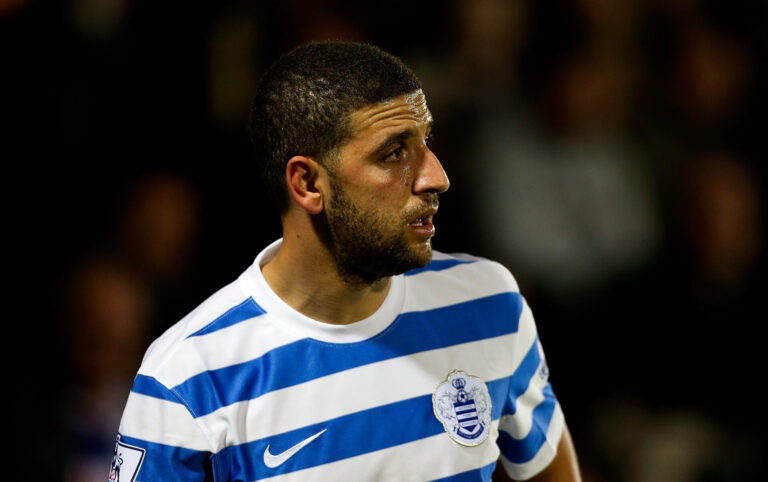
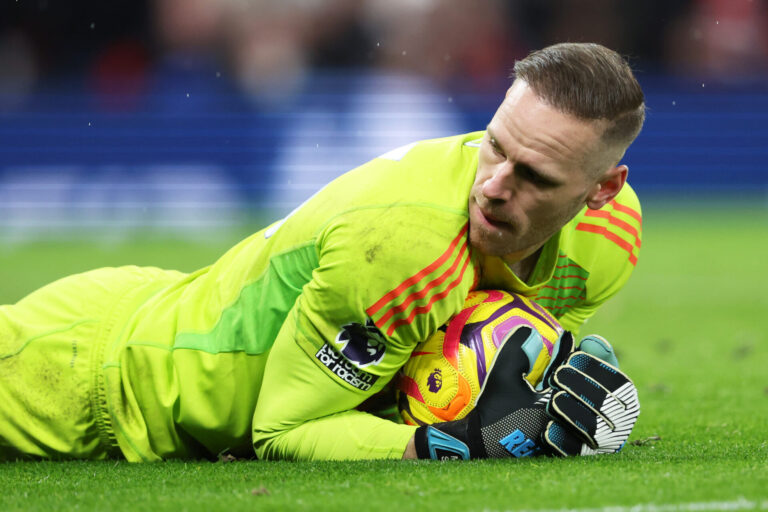
3 Comments